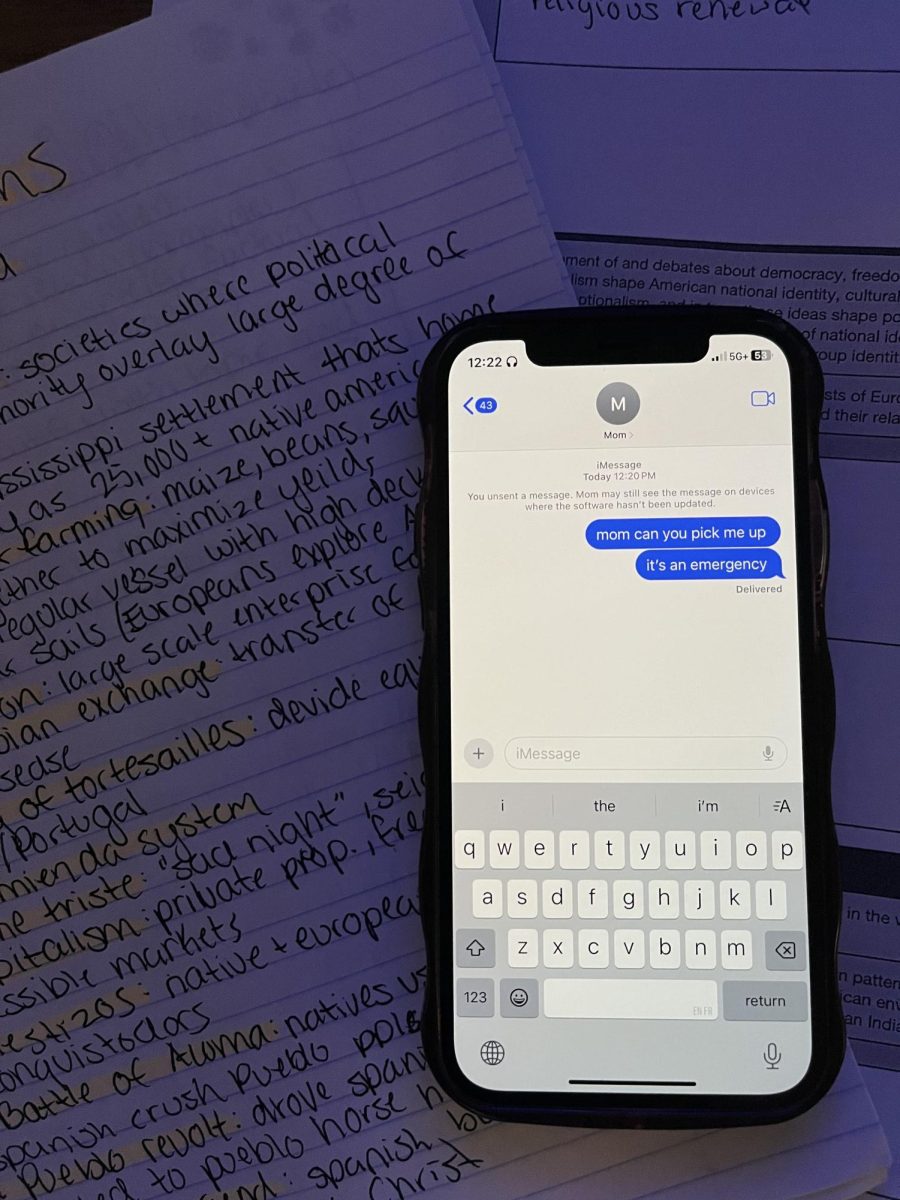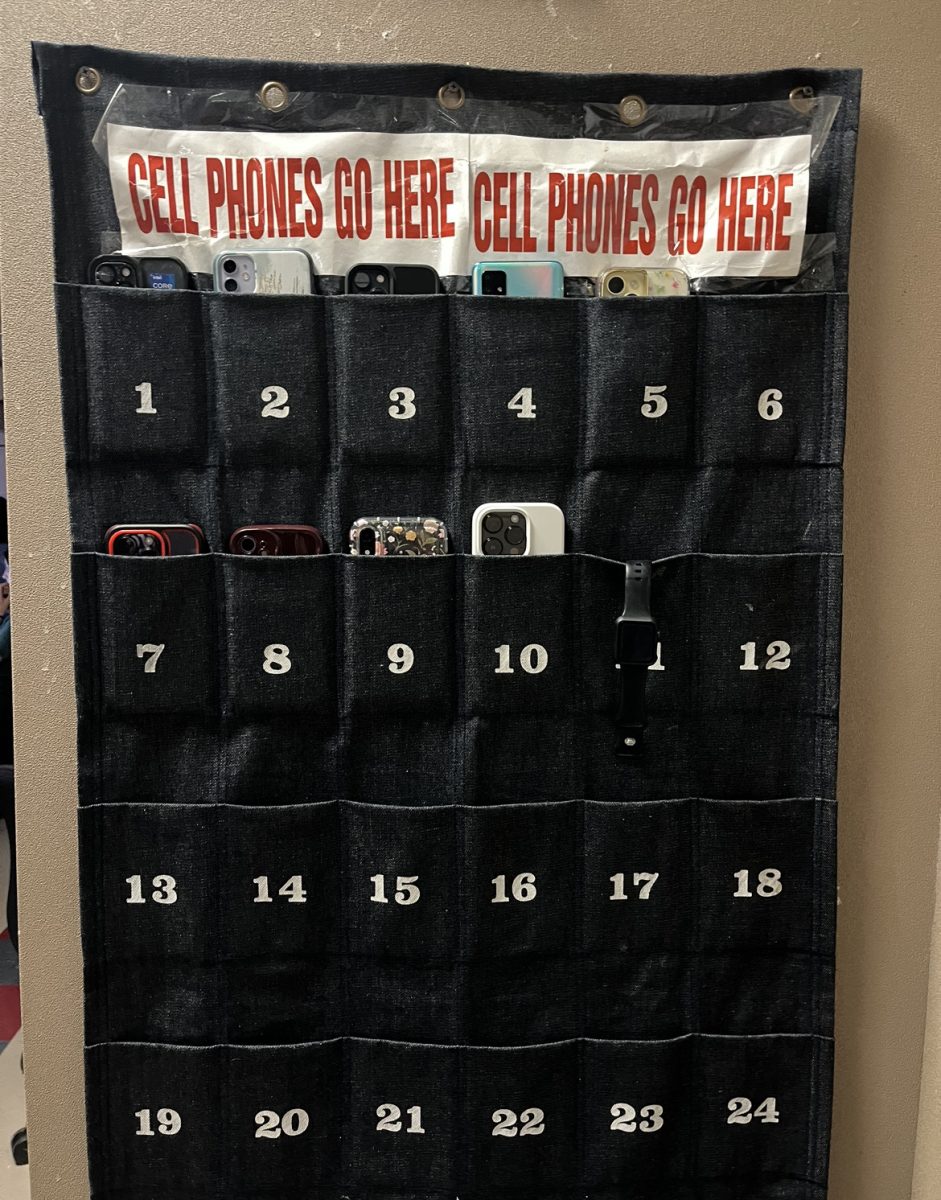State considers ban on cell phones
OPINION: Should schools ban phones? NO! YES!
Recently, several debates have occurred within schools and parent-teacher organizations about whether schools should ban student phone access. After numerous conversations and discussions, it is evident that students should not have their phones taken away due to ethical rights and emergencies.
High school students’ ages range from around 13 to 18 years old, and implementing a ban on phones at school can imply that teachers and administrators do not value the opinions and rules of students and parents regarding the right to own a phone and their personal phone use.
The parents who likely pay for these phones may disagree with the school’s policy on prohibiting phone use as well; it is also not the school’s right to determine whether the parental policy is correct or not. It may pose a threat to the school because there is a possibility of large disagreements on the phone policy. These issues may lead to teachers spending more time on external conflicts when they should be spending time on education.
This would take away a student’s education, leading to the possibility of lower test scores and GPA due to a lack of attention on the teacher front. These arguments as a whole take away from the main thing that teachers and administrators should focus on: education. Schools spending too much time on this may neglect actual educational values; therefore, this argument should not even be discussed at the moment and should be saved for a later time when teachers are more available.
Another factor that must be considered is the safety of students. The reality of this world is that there is a likelihood for dangerous events to occur, and it would be more safe for students to have access to their phones. Having their phones would allow them to call emergency services or their parents in a dangerous situation.
On another note, if a student feels ill or unable to continue in the school day, they may feel more comfortable speaking to a parent rather than a nurse, counselor, or teacher. This is nothing personal regarding their relationships with teachers; there are some problems and issues that students just don’t feel comfortable discussing with those who aren’t their parents. If schools decide to take away phones, it puts many in a situation of sharing highly personal details about their lives just because they aren’t allowed to talk to their parents.
This isn’t just uncomfortable for the students, but possibly the teachers because both involved are likely to have a more professional relationship. At the end of the day, when students are allowed to have their phones it can save them from unfortunate circumstances and uncomfortable situations.
Yes, many may agree with the statement that taking away students’ phones will lead to higher learning. It has led to a higher GPA for several students and higher scores on large tests, such as AP exams. Alongside that, there have been recent factors such as interviews with the Texas Senate Education Committee and how they already have been discussing phones as a distraction to learning. However, what happens when there’s an emergency?
Will students still have to wait in an orderly line to access their phones while an intruder comes into the school? What happens when there’s a fire? Will students have to go up to their teacher or administrator to get their phone from a secure place? They will not have the time to do these things, students must be allowed to have access to their phones.
At the end of the day, it is more important for a student to remain safe, healthy, and have the ability to contact others. The sad reality is that GPA and grade averages won’t matter when students aren’t able to attend school because of an unfortunate event due to the inability to access their phones.
Schools should allow students to have access to their phones during the day. It allows them to keep in touch with parents and emergency services and it does not violate ethical reasoning. Furthermore, teachers should still be able to tell students to put away their phones during class while allowing them to use them for communication reasons.











